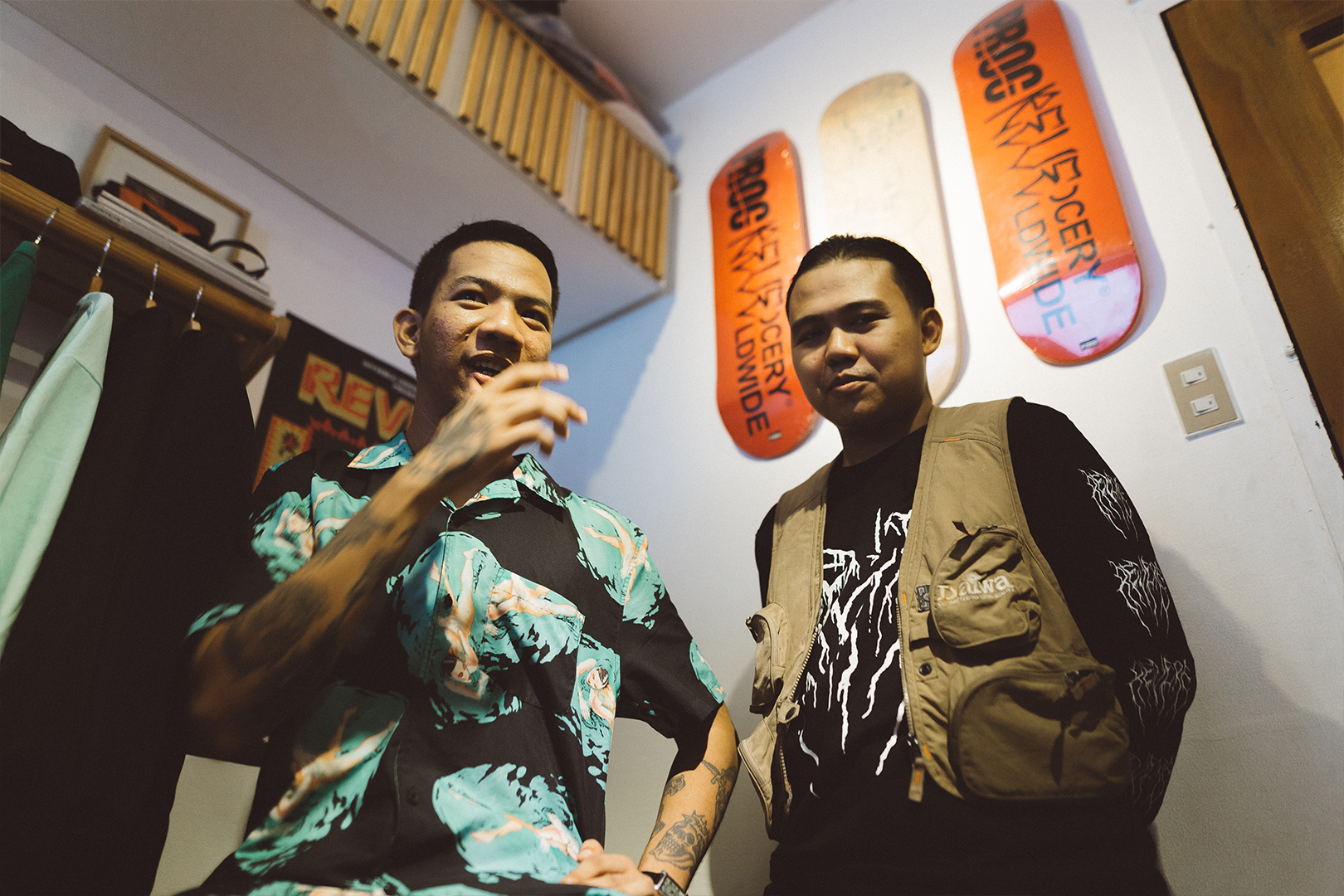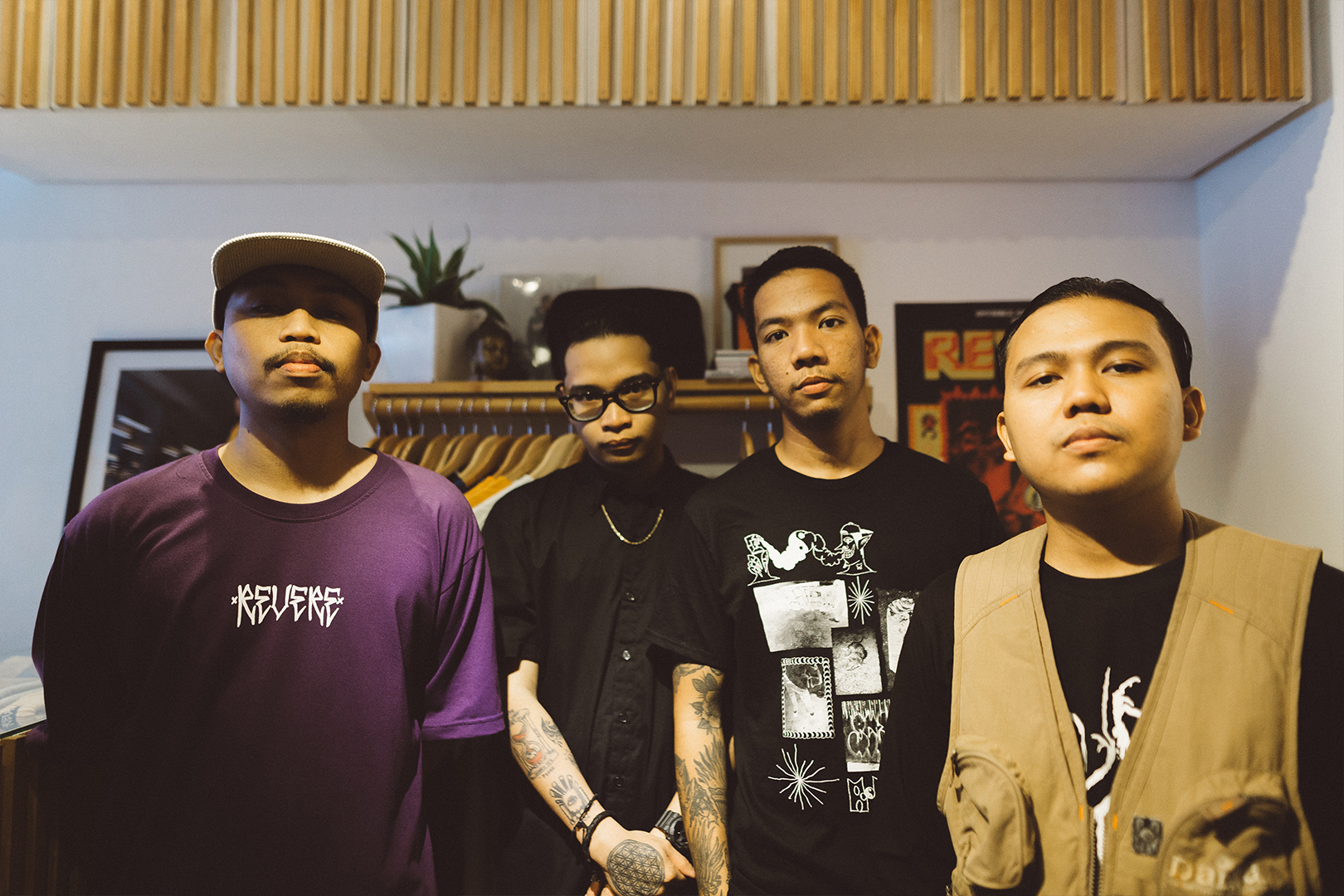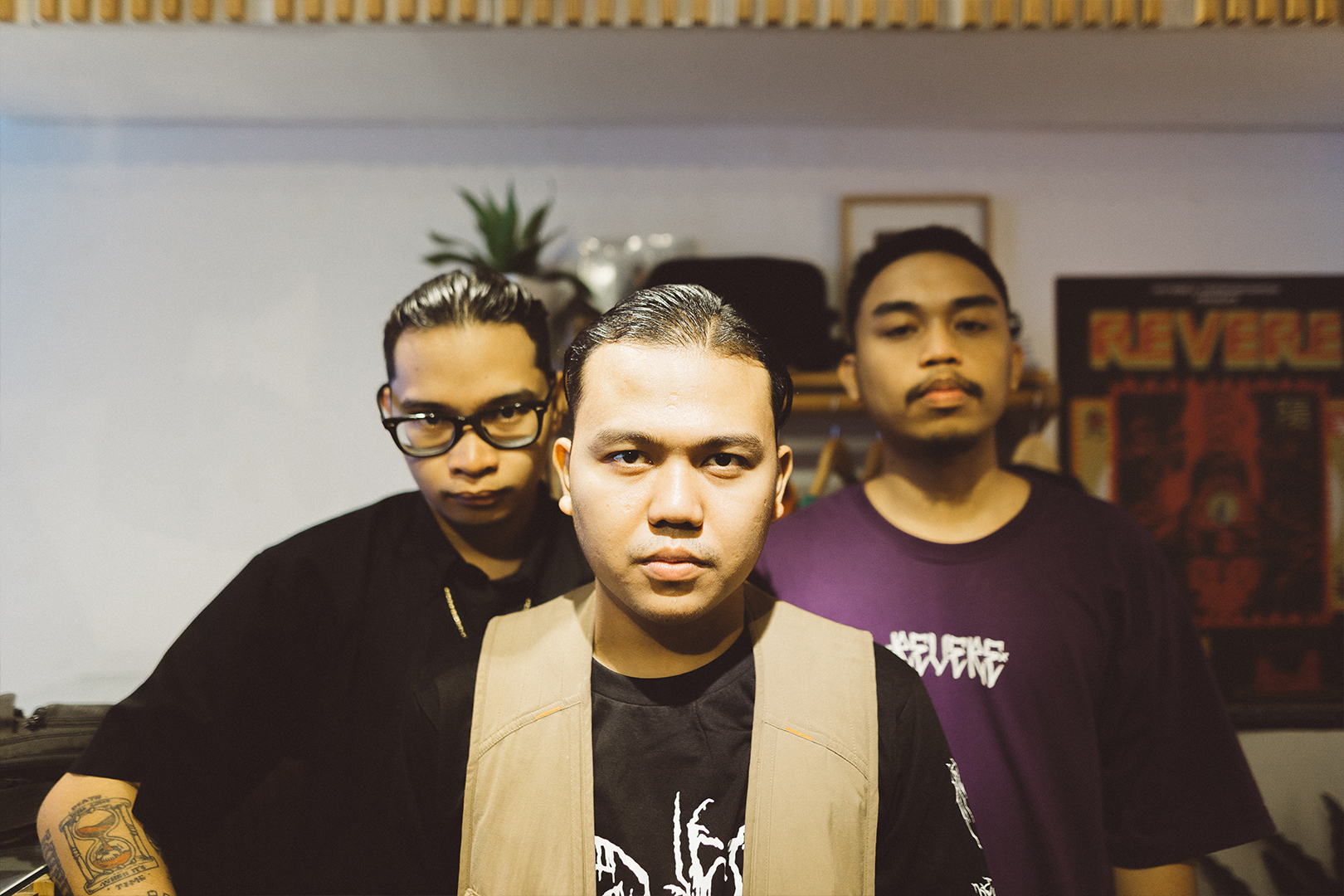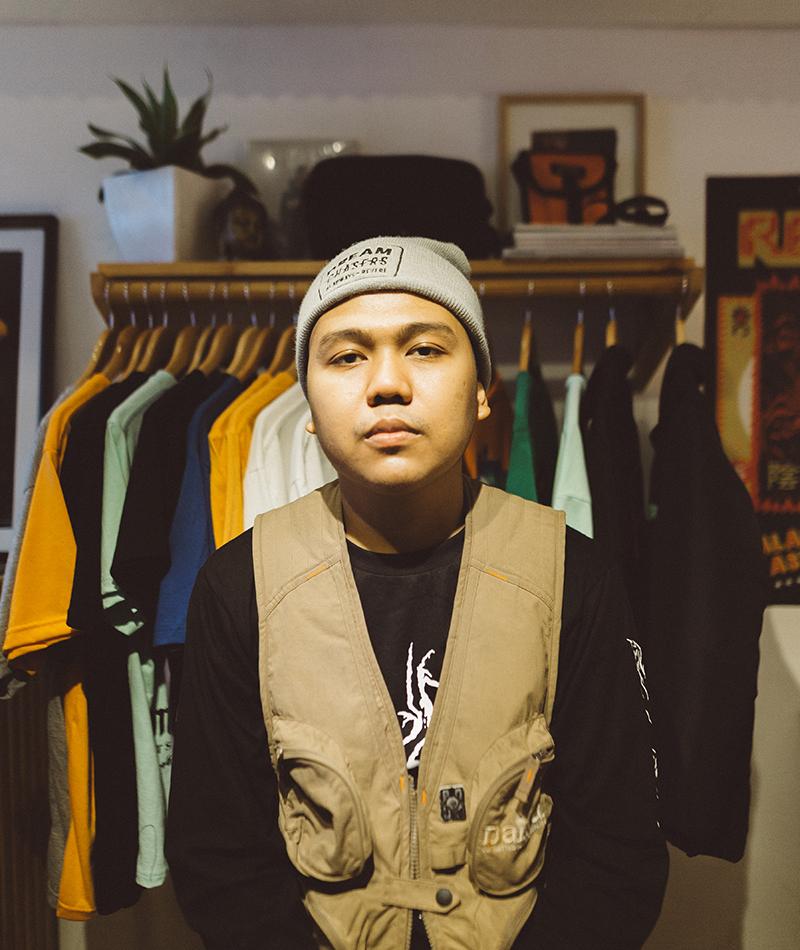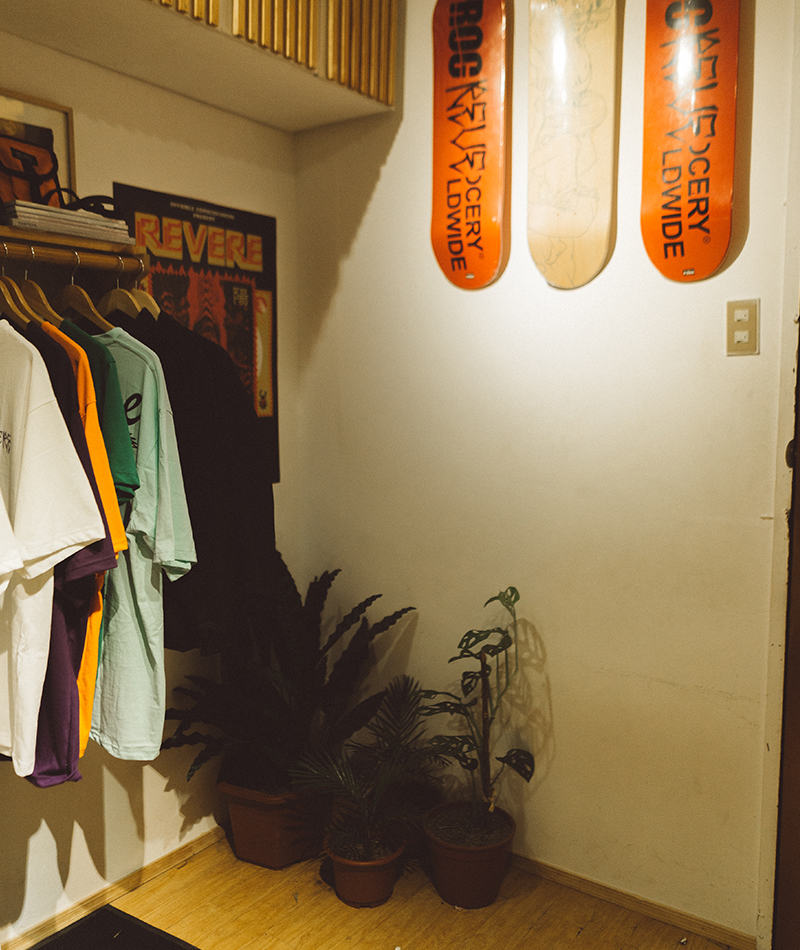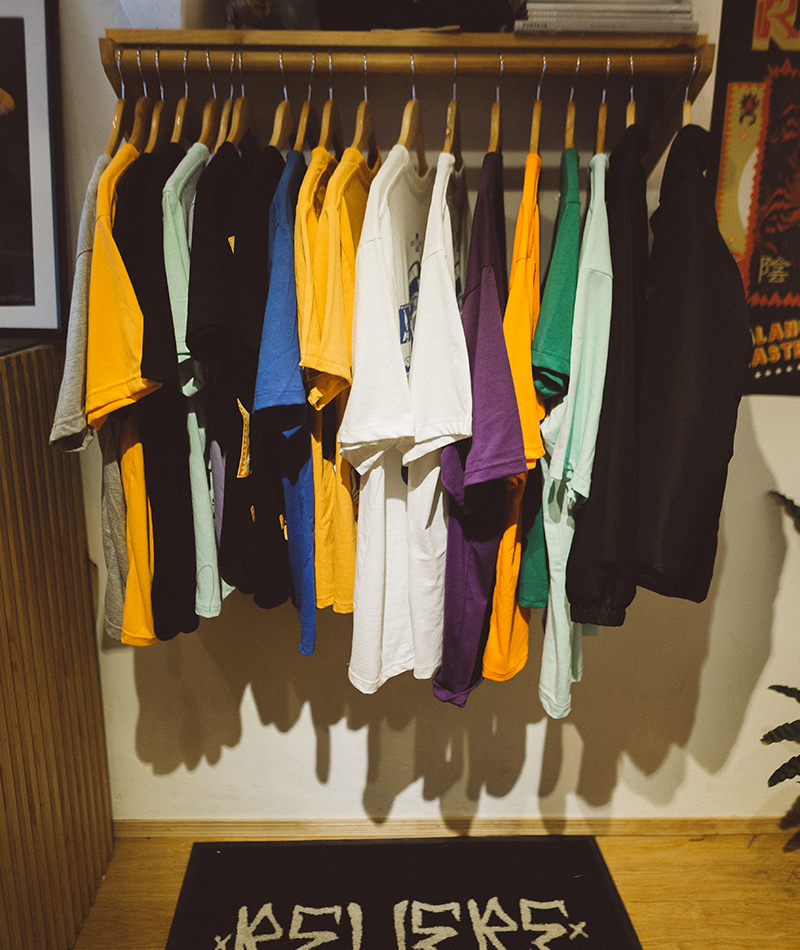There’s a unifying factor within the local merchandise community wherever they’re based in the country. Considering the many themes brands run with, this was hard to believe until I stood in for one of these brands for a talk last June. Listening to the other members of the panel comprised of retailers and brand owners, it became clear to me that most of the brand owners start their businesses not just by supplying a need in the market but with the goal of pleasing themselves first–to express their own fascinations.
Perhaps one who is heavily influenced by Japanese style and culture may try to solve how their fashion can be expressed in the Filipino setting. Somebody who surfs so much might want to explore how they can identify more with the sport through apparel. Someone who might be repressing their creativity for so long and had been introduced to fashion as an outlet. According to the retailers though, they were adamant to put the market first–getting its pulse, figuring out what they want, supplying a need. But with international brands getting crazier with what they put out and the market just landing on their feet, we ought to ask, who’s really shaping who?
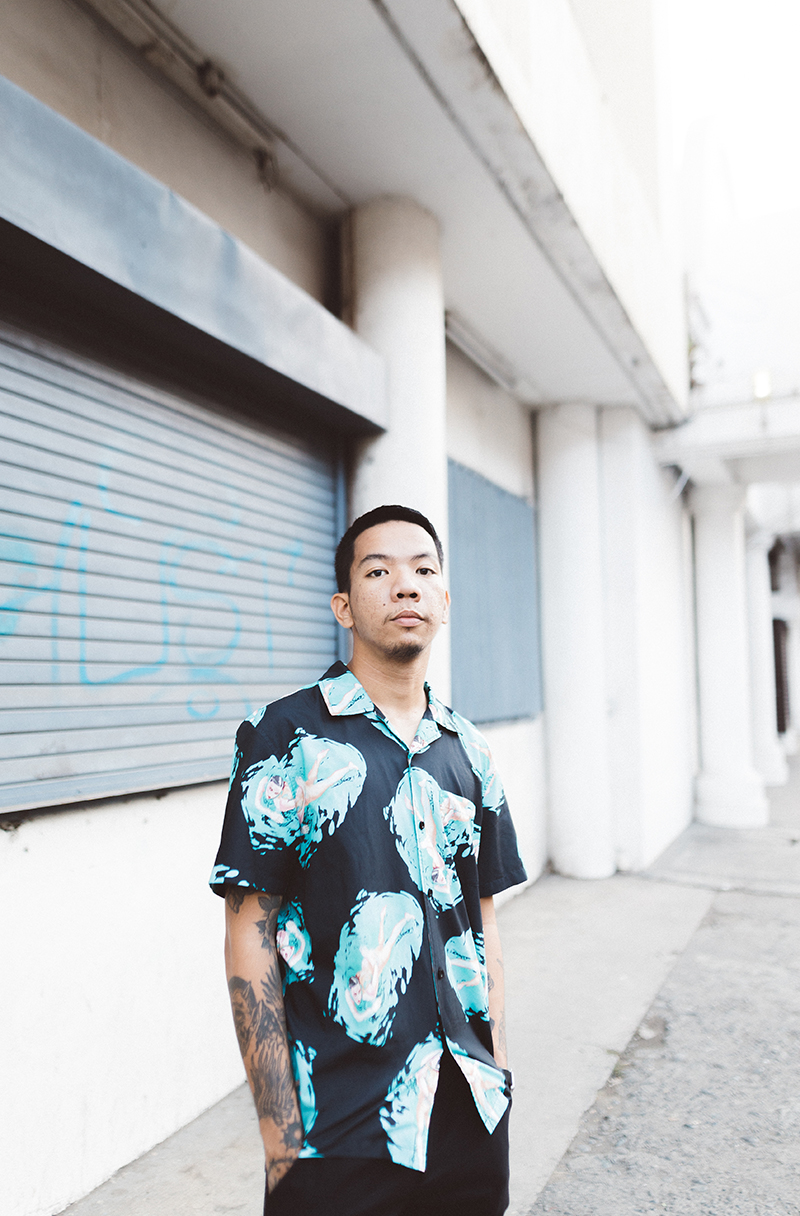
In order to address this question, we use the example of Revere–a Davao-based brand featuring artistic renditions of concepts, lifestyles, and messages with the grit of the underground. We discuss this with Revere’s creative director, French Andico, sharing the story of his brand and how he manages to ignore trends and use the brand as an outlet for self-expression.
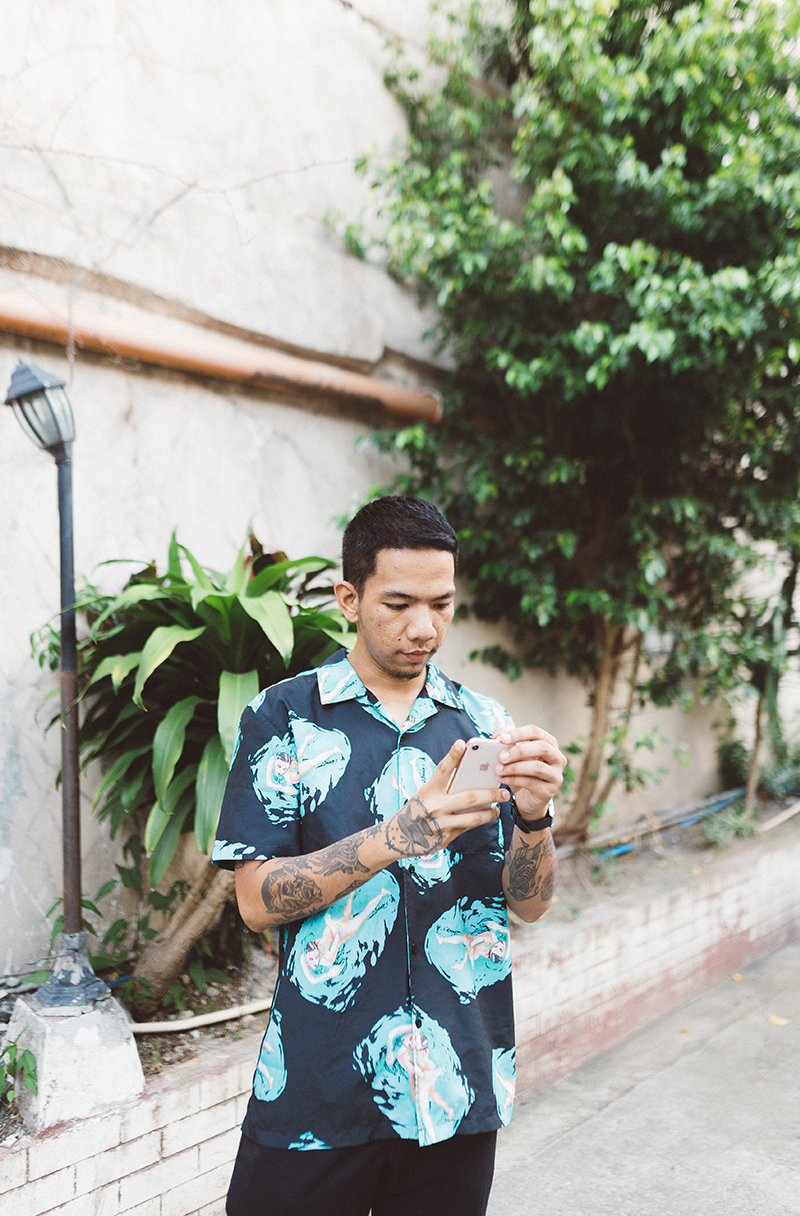
Revere has come a long way from being the music-genre-inspired brand it was first built as. I remember a branding coach notably mentioning how Revere was able to identify a specific market to cater to. He says it helps people associate a brand with a look or a subculture–as skate is to Strap, as basketball is to Tenement, and as Christian metal was Revere. For those who only started following the brand this year, this might be hard to believe. The brand went a long way though, introducing itself as a Christian Metal brand (even carrying this persona when they first took the brand outside of Davao, traveling to Cebu and Manila, connecting with several people in the music, arts, and tattooing industry) as the authenticity of the story demanded.
With his failing belief in the whole religious system, the brand no longer communicated that authenticity hence the need to drop that theme. “In the end, the whole point of me putting up a brand was so I can hire the artists I liked and putting a spotlight on their art style–it just so happened that at that time, I had a different message to say” French explains of the shift.
The Gray Area Between Self vs. Brand
Revere, in some sense, is a reflection of French. With every release, he expresses a message either boldly or with absolute subtlety, all according to his state of mind and which artist he’s currently obsessing over, regardless of the market trend. For their recent release, he features spirituality and an homage to his mountaineering roots, not because it was what people are obsessing about, but because it is how his way of life is currently.
“What I really love about building a brand is immersing myself in different experiences and being able to express these influences into tangible products. Especially with books and music, they have shaped me throughout the years and have influenced the releases ever since” French explains when asked about the joys and challenges of building a brand. “In terms of burnouts, it should happen less when you have freedom”. French explains that the burnouts don’t usually happen when like him, you treat the brand to be your escape from routine if you work while building a brand or if it is your avenue for self-expression. “The more authentic it is to who you are, the burnouts should be less.”
Contrary to this very personal approach in brand building, French says that he maintains a line between him and his brand. “I never want to put ‘too much French’. Who I am as French is different from what I show in Revere,” he says.
There are things that French can wear that Revere will never produce. He cautions with the statement “You have to create a fine line of self-expression and egotism.” He admits having foregone several ideas because of how much ‘self’ is involved.
“But I think businesses should be a reflection of who you are as a person in terms of the principles that you maintain. It’s important that you know what you want and what you don’t want.”
French Andico
The way to identify though when one can really explore the limits of this self-versus-brand playground is up to defining what you really want for the brand, although that too is something most budding entrepreneurs can be surprised with in the end.
In the subject of association, I asked French if he can define what the brand associates itself with now? “It is very limiting for me to define it. Once I set the idea that the brand caters to a certain genre just like how it was before, it puts a lid on the things that the brand can do.” French believes that Revere is not trying to limit itself, evident in its transformation over the years coming from a niche-music-influenced brand to an experimental brand with influences ranging from political war to spirituality. He even declines to call the brand streetwear despite its inherent nature, because of perceptions associated with the word.
He says if there was one thing to describe the brand it was crazy. “I have never been one to follow a mold. The crazy that I want to do is defying how things are supposed to be done, and do what I feel works for the brand.”
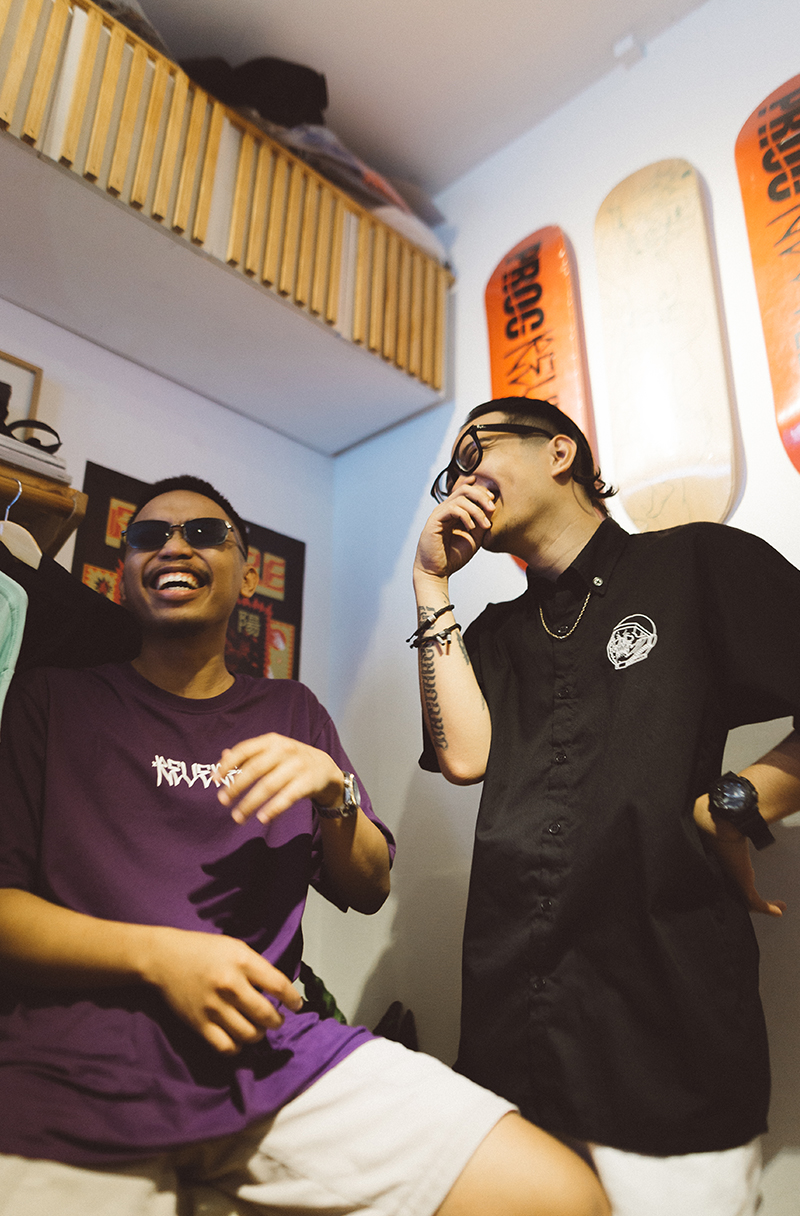
To Be Independent Is to Alienate
While we were on the subject of crazy, I asked him, “Do you still care about the market at this point?” And French answers, “The more that I do not care about the market, or not force myself into a market the more it (REVERE) attracts its own tribe.”
“I would say we are alienating the market in a way. Because everytime the market has figured out a word to describe us, we change gears and do something away from that persona.”
French Andico
Moreover, this kind of freedom inherent to independence is actually reflected as a driving mentality among local brand owners. A lot of people in this industry are focused on expressing their ideas and thoughts while the market comes second. “In my experience, being independent and operating on a smaller scale gives us the freedom to do what we feel like doing without being afraid of the costs.” French further affirms this by describing that Revere is in a way, an experimental studio that challenges what the market can accept–what it is receptive to.
The Getting-Yourself-Out-There Phase
For the past few years, Revere was adamant about making its presence known. For years, they were present in several notable Cebu and Manila events, letting people know that this brand from Davao exists and it can compete with the national market. For this year though, Revere chose to focus on home. He wants to be still, says French. He wants to express that, “It is enough,” as he cites an important theme from the book he is currently reading.
“The brand is enough already, and Davao has been very supportive. When you start out, people won’t support you right away unless you prove something to them. But right now, I’ve seen how Davao has been supportive and there’s nothing to prove anymore.” French explains.
Perhaps it was the fruits of these efforts, the connections and friendships he has made and the heroes he came to know, that French is thankful for having gone out of Davao City as much as he can. That is why he still does recommend for young brands to get out of their comfort zone and connect with people outside of their city. “Each city has something to teach you. For Cebu, I loved the culture of creativity with heroes like Chad Manzo and our constant collaborator Siamese Rat, while in Manila there is a lot to consume and a lot of things you can do. Both cities also gave me mentors and friends I can turn to.” He beams as he looks back on experiences for every travel.
Mum’s The Word
If you’re coming to Revere’s flagship store in Davao City, getting directions would come to be a challenge. To give you a better illustration, the store is located at the Casa Habana compound, a commercial compound along J.P. Rizal Street, Poblacion Davao City, with a heritage house exterior alongside karaoke bars. Inside you will find Casa Antonio, a home converted into office spaces with a downstairs Mediterranean restaurant. Inside the office spaces are age-old floors and ceilings with Revere the sole rose among bookkeeping offices.
When asked how he feels about the store, French confesses that he felt insecure because of how hard it was to find, getting this from the visitors who would fail to locate the store and those who took too long to find Casa Habana. He also felt insecure because of how small it was, comparing it to the pop-up space in Cubao Expo that THE Clothing temporarily leased out to Revere last 2017, which was almost half its size. “But during my trip to Hong Kong, I was able to visit stores in the most unconventional spaces much harder to find than Revere and I felt more confident about the space we have now.”
The idea was mainly to offer that sense of exclusive knowledge of its location to supporters. They did sense that over time; Davaoeños have come to warm up to the idea and the foot traffic has gone up–still not without the ‘getting lost’ story though. Somehow, the complaints of its location only fueled their drive to keep the store. This is best expressed by Manfred Alvarez, Revere’s store manager, in a statement:
“We want people to know us, but not everybody.”
Manfred Alvarez
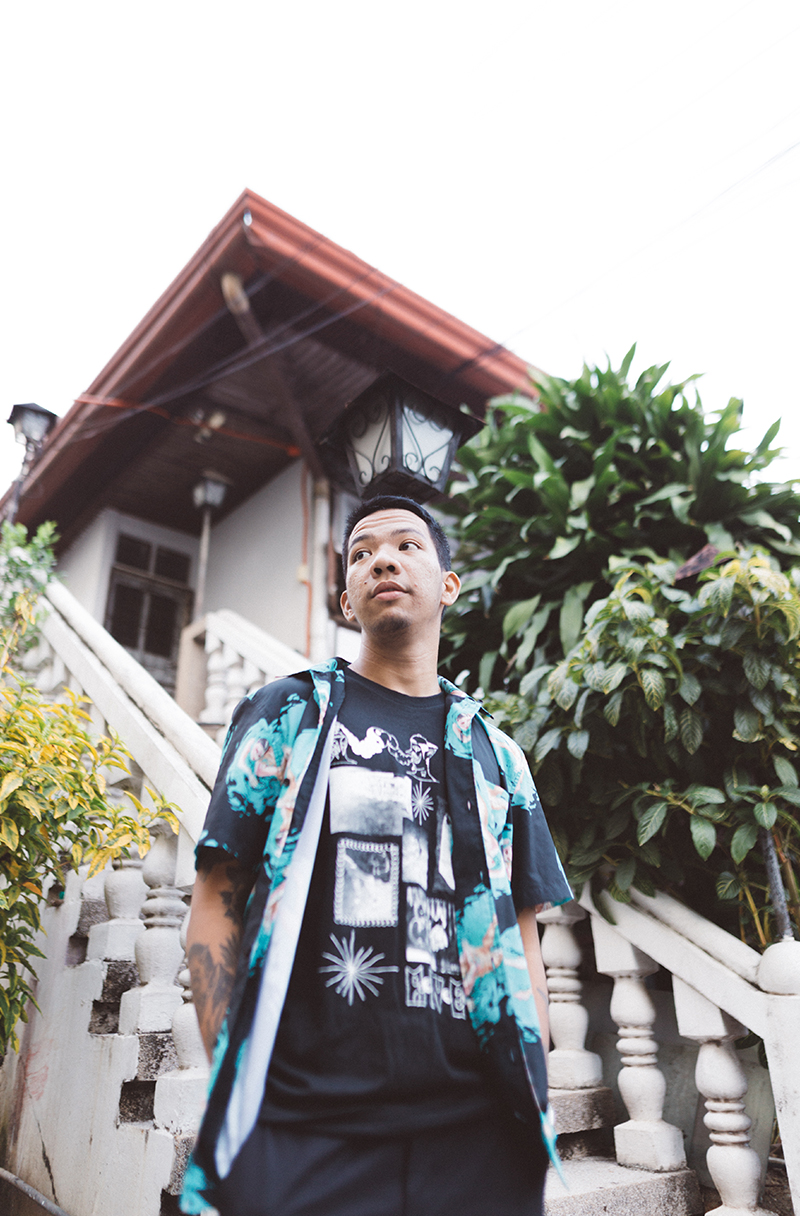
This way of keeping the information somewhat out of reach is expressed not only in their choice of location or event management. Revere now omits to make mention of the artists contrary to its very ‘for-artists’ ethos. During the conceptualizing of the design, French is first fascinated with a certain art style and looks for the artists who are practicing such and best suits the story he is going for. “I never go for an accessible artist who is versatile enough to do other styles”. In an effort towards authenticity, he always collaborates with the artist whose story and practice have always been the style that he was currently looking for. “I really do the research and look for the right artist and it feels like hitting the bullseye when I do get to know them like Daggersforteeth and Criminal Horde. Most elusive were Ralph Espiritu and Siamese Rat and I only feel more ecstatic when we do get to work together” he beams as he describes the effort of getting the artists he wants to work with the brand.
In a way, by omitting the artist’s names, he wants to share that experience with the supporters by hoping that they, in turn, will find the artist with their own effort, or with the constant collaborations they have with the same artist and mentioning their names over and over, the customers get a feel of what the artists’ art styles are and be able to identify it themselves. “You can say that in a way, this is how Revere attempts to mold the art sensibilities of its market,” French says as a brief answer to the question, who is really molding who.
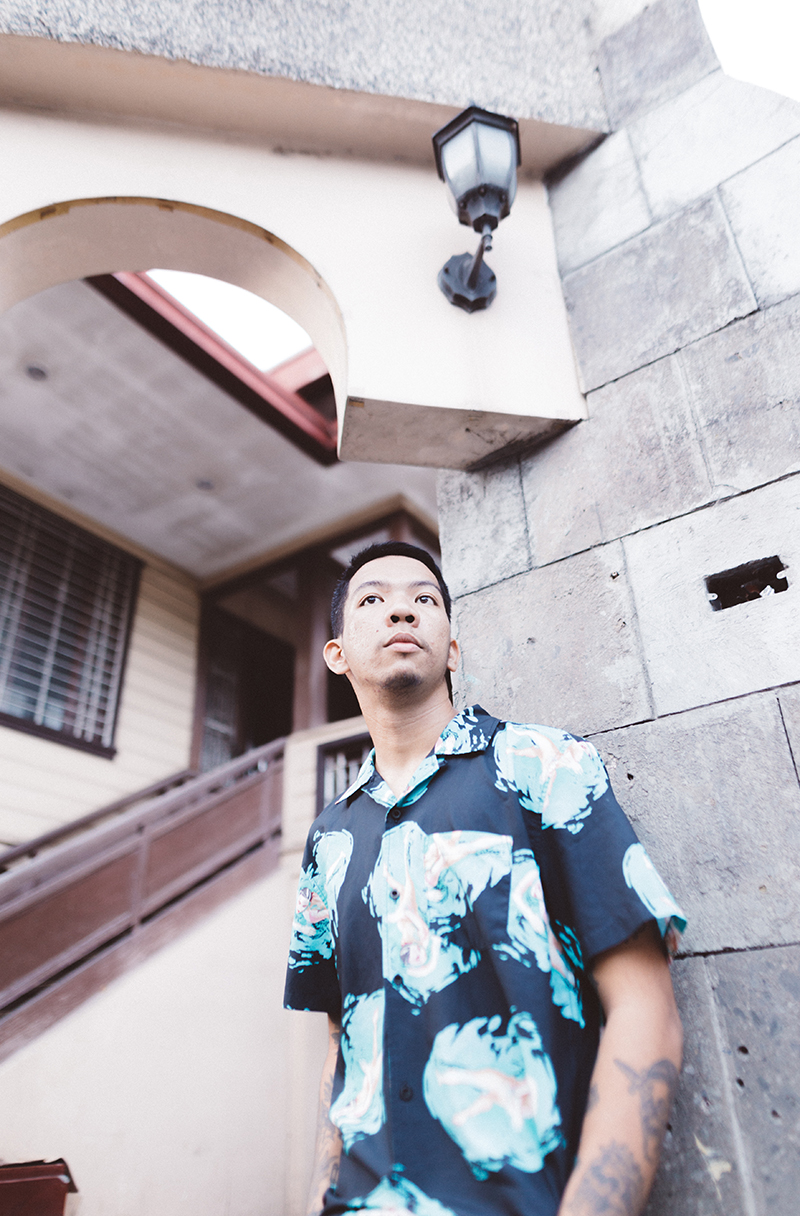
The Gist
Revere is not a skate brand. Streetwear, but they never shout it. Lifestyle, yes. Pretty much call it how you want to, how it speaks to you, and what it means to you. Just like how you would for any piece of art–the way French has always wanted people to treat the brand. Revere is an amalgamation of several influences and a journey into French’s state of mind but with its appeal to several people of varying backgrounds, Revere is something for anybody. Revere seems to be more of a personal brand that other people can wear. But again, not everybody.
Photos by Cedric Van Luspo
Follow CLAVEL on Facebook and Instagram for news, culture, and more.

